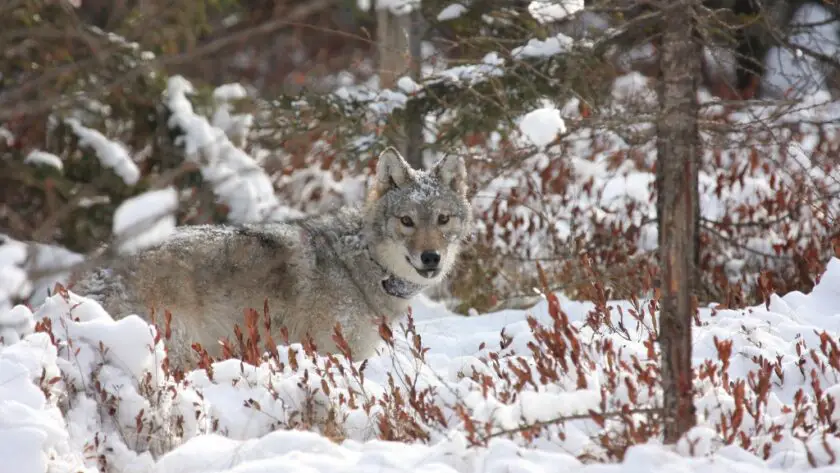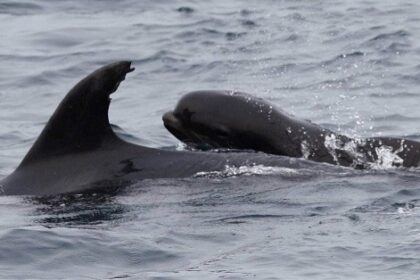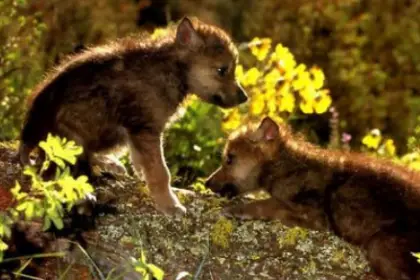Wolves are currently classified as a species of “least concern” with a stable population in the United States, but the animal’s habitat range is scattered, as shown by the map of wild wolf populations below from the Wolf Conservation Center.
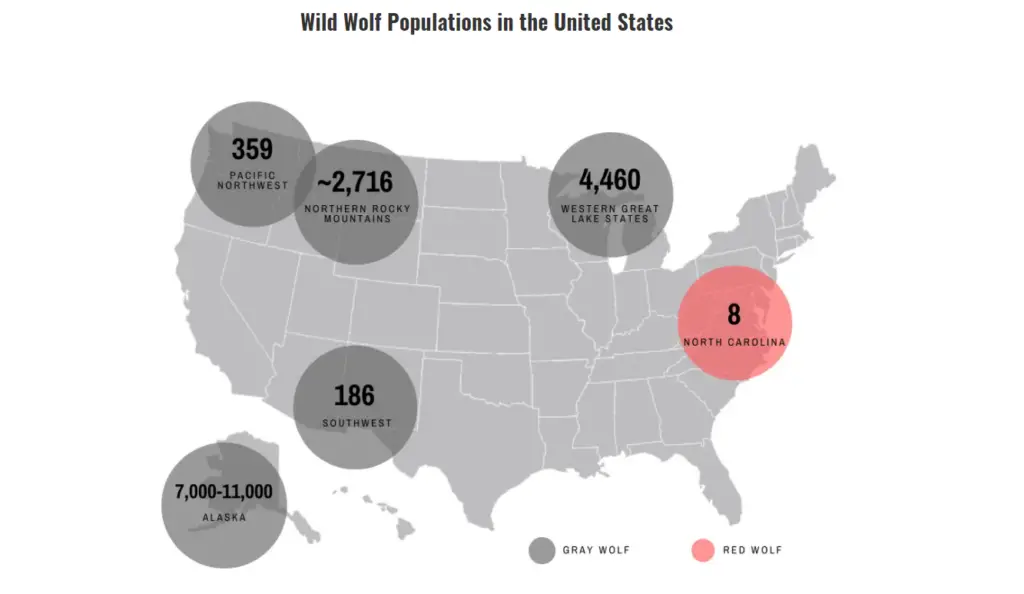
In Wisconsin, the overall number of wolves was recorded at between 1,034 and 1,057 individuals as of September 2020.
But when the dust settled after this past February’s wolf hunt, the state had lost approximately 20% of its wolf population according to the Sierra Club, as human hunters killed 216 wolves in less than 60 hours.
The mass killing surpassed the original hunt quota of 119 animals.
Fall 2021 Wolf Season Halted in Wisconsin Over “Unconstitutional” Hunt
The abrupt killing of over 200 wolves shocked many across the state, sparking uproar among animal lovers and conservationists, according to a report from The Guardian.
Despite the high number of wolf deaths, Wisconsin Department of Natural Resources officials described the wolf population as “robust, resilient” and expressed confidence in managing the number of wolves “properly going forward.”
Late last month on Friday, October 22, a Dane County, Wisconsin judge disagreed.
Judge Jacob Frost temporarily barred Wisconsin from holding a wolf hunt, ordered the Wisconsin DNR to set a quota of zero wolves hunted and killed until the agency complies with its own rules.
According to Frost, the way the DNR applied Wisconsin’s wolf hunt law was unconstitutional, a Wisconsin Public Radio article stated.
Frost added that the state’s wolf hunt law is not being overridden and that it can be applied according to the letter of the law, but added that the DNR didn’t do that because it failed to adopt a permanent rule enforcing the law and updating its wolf management plan.
“The DNR needs to stop it. They need to actually comply with the law,” Frost said.
“They need to regulate the hunt. They need to develop a wolf management plan. They need to implement rules so they can regulate the hunt. They need to be part of that oversight process that keeps the law constitutional,” he added.
The ruling was issued just two weeks before the wolf hunt, which was scheduled to begin this past Saturday, November 6.
Aside from Frost’s ruling, Wisconsin’s DNR has faced a wide range of opposition over wolf hunts.
In August, a coalition of wildlife advocacy groups including the Great Lakes Wildlife Alliance filed the lawsuit to stop the fall wolf hunt, saying the law violates the state’s Constitution because permanent rules enforcing the hunt were never adopted.
“We do know, and the science proves, and the DNR does not dispute: they do not know the damage that occurred in February,” said Melissa Smith, executive director of the Alliance.
Smith and others had been concerned that hunters would kill far more wolves than was originally planned yet again.
“And we don’t think, because of the lack of rules and emergency rules, that this couldn’t happen again with trappers and hunters this fall,” she said.
The DNR said the hunt was difficult to manage due to the high number of licenses issued among other challenges.
Luke Hilgemann, president and CEO of Hunter Nation, based in Kansas said he’s frustrated with the judge’s ruling and called on Wisconsin’s Attorney General and Governor to appeal the ruling so the fall hunt can move forward.
Aside from the the advocacy groups’ opposition, six Wisconsin tribes are arguing in a separate lawsuit that their treaty rights are being violated through state management of wolves, which they say is not being based on sound biological science.
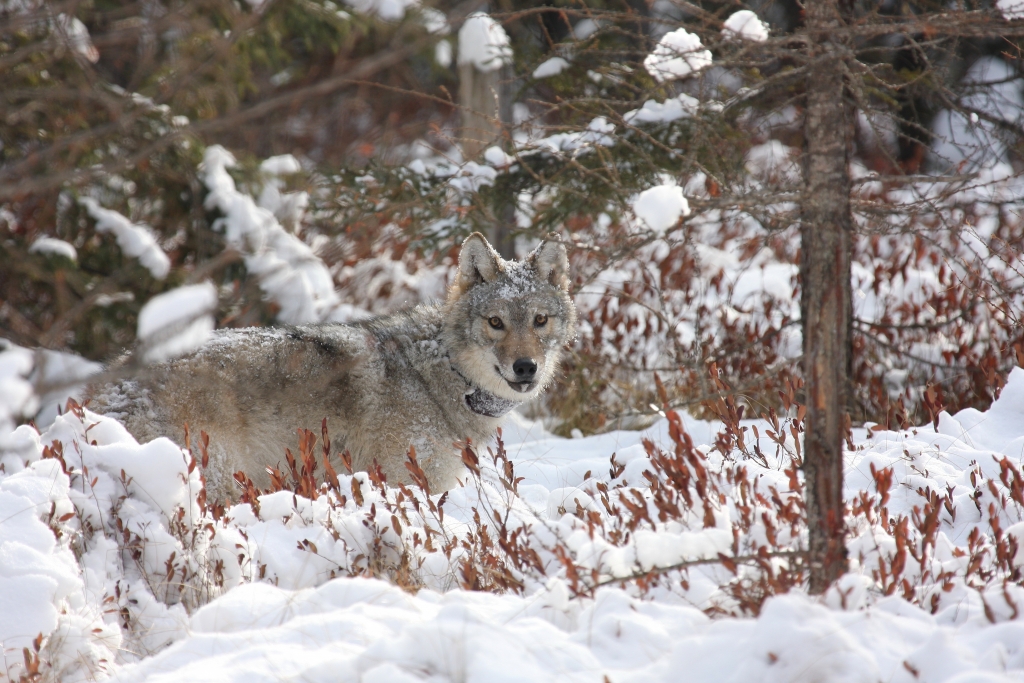
“We also understand that it may not be the last word on this issue in the Wisconsin court system,” said Gussie Lord, an Earthjustice attorney representing the tribes, in a statement.
“We intend to pursue every opportunity to protect the Ojibwe tribes and the Wisconsin wolf population.”
